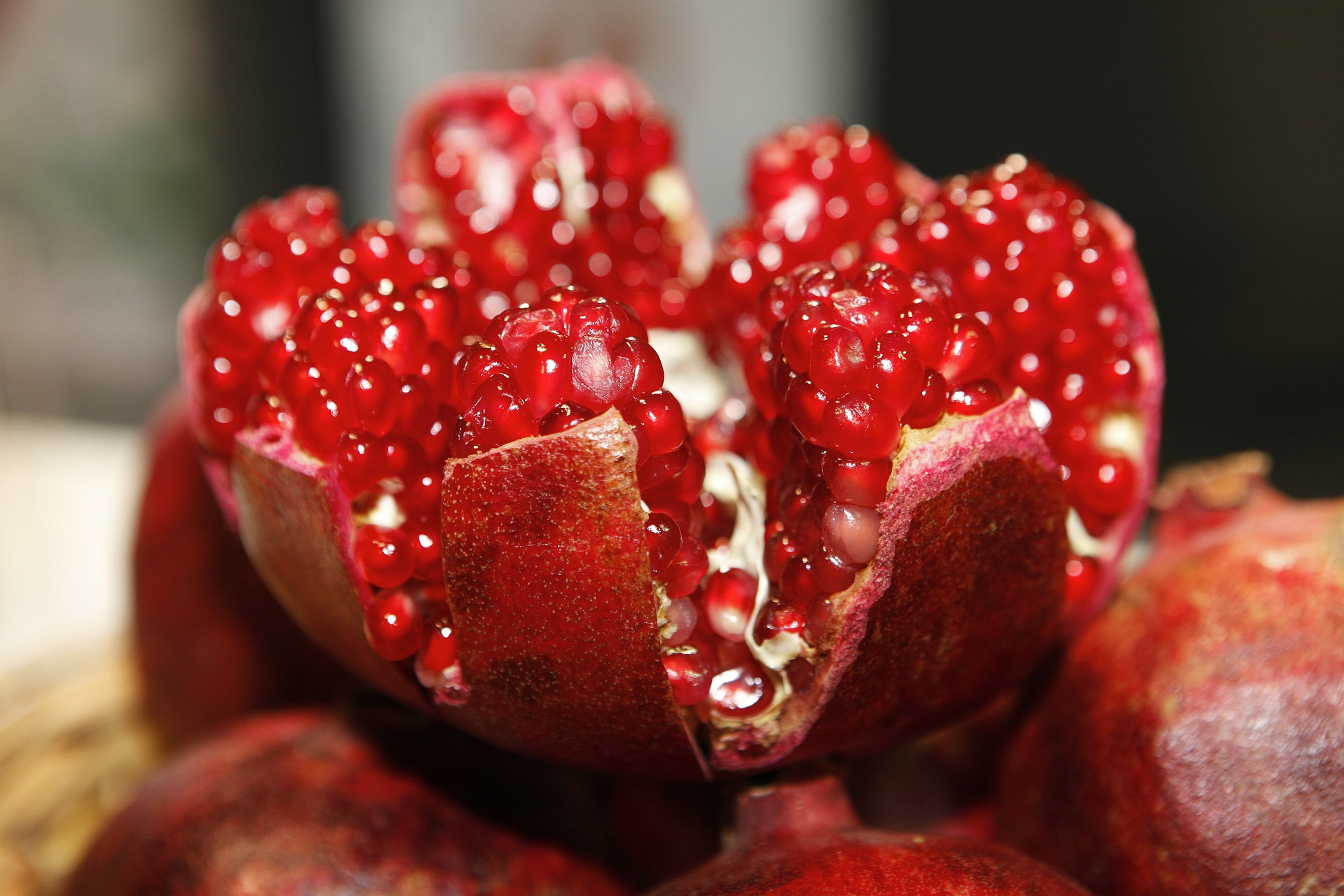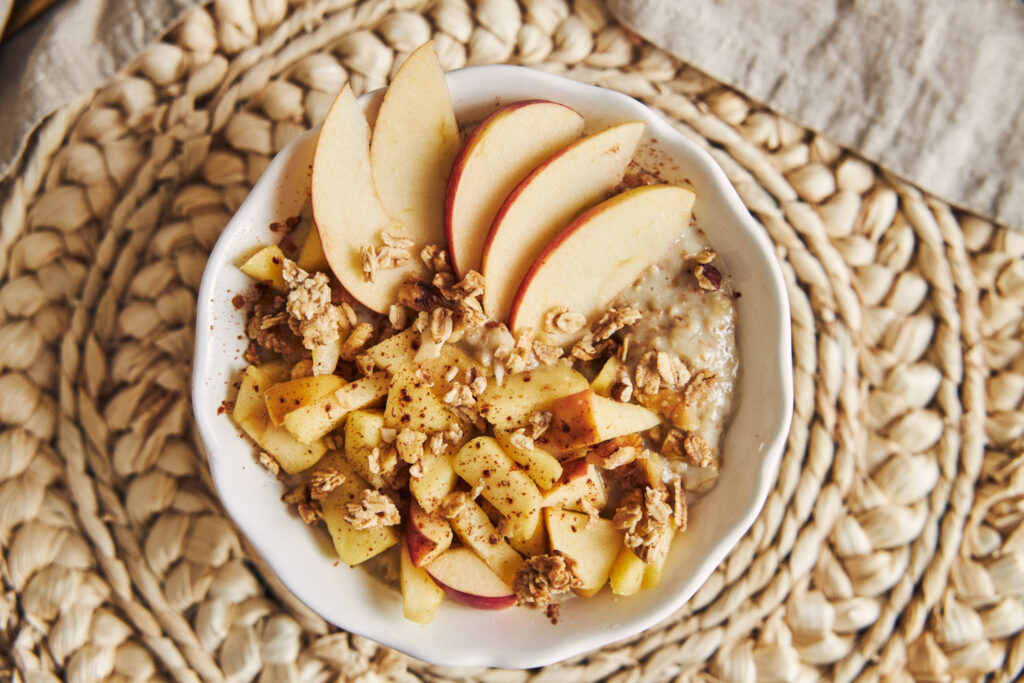
Table of Contents
Overview
In our fast-paced world, the ability to stay focused and mentally sharp is more valuable than ever. While sleep, exercise, and stress management all contribute to cognitive health, the food we eat plays a critical role in supporting brain function. Certain nutrients can significantly impact our ability to concentrate, process information, and maintain overall brain health. In this article, we will explore various brain-boosting foods that can enhance mental performance and support long-term cognitive health.
How Diet Affects Brain Health
The brain is a highly energy-demanding organ, consuming around 20% of the body’s total calorie intake. It requires a steady supply of nutrients to function optimally. A diet that includes brain-healthy foods can improve cognitive function, protect against neurodegenerative diseases, and even slow age-related mental decline. Nutrients like omega-3 fatty acids, antioxidants, vitamins, and minerals are key players in this process, helping to maintain the brain’s structure, promote communication between neurons, and reduce inflammation
Fatty Fish

Fatty fish, such as salmon, mackerel, trout, sardines, and tuna, are among the top foods for supporting brain health due to their high content of omega-3 fatty acids. Omega-3s are essential fats that contribute to the building of brain and nerve cells, influencing memory, learning, and overall cognitive function. In particular, docosahexaenoic acid (DHA), a type of omega-3, is found in high concentrations in the brain
- Enhances memory and cognitive performance.
- Reduces the risk of age-related cognitive decline and Alzheimer’s disease.
- Supports mood regulation and may help reduce symptoms of depression
Aim for at least two servings of fatty fish per week. If you don’t eat fish, consider taking fish oil or algae oil supplements
Related ; Health Benefits of Green Tea
Blueberries
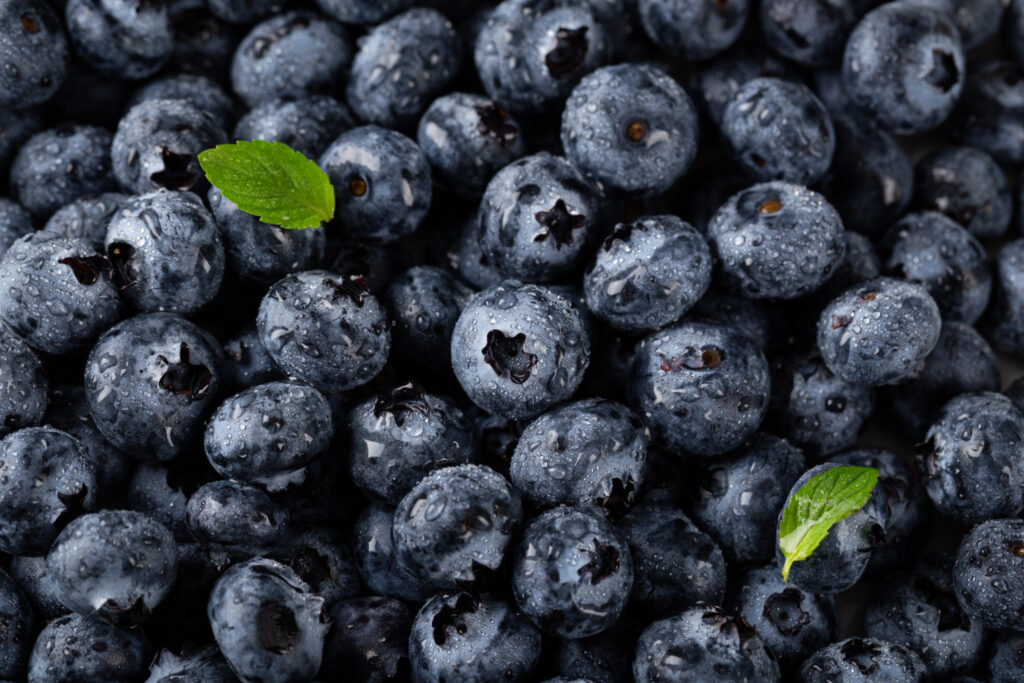
Blueberries are not just a tasty fruit—they are also packed with antioxidants, such as anthocyanins, which have anti-inflammatory effects. These antioxidants help protect the brain from oxidative stress, which can accelerate brain aging and impair cognitive function
- Helps improve memory and may slow brain aging.
- Protects against neurodegenerative diseases by reducing oxidative stress.
- Supports communication between brain cells.
Add blueberries to smoothies, oatmeal, or yogurt for a brain-boosting breakfast. Fresh or frozen, they provide similar health benefits
Nuts and Seeds
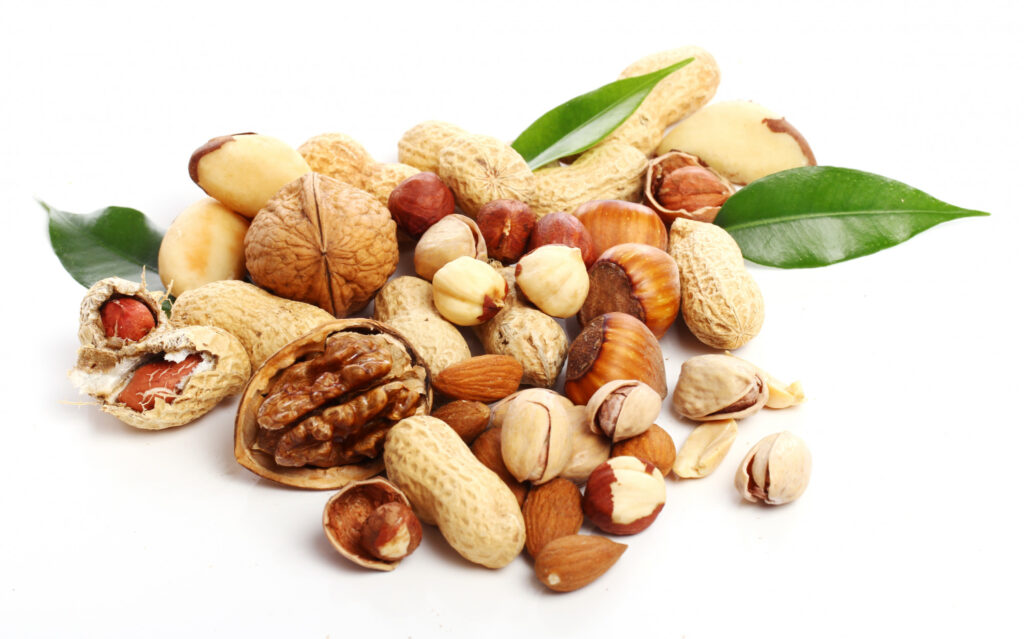
Nuts and seeds, particularly almonds, walnuts, flaxseeds, and chia seeds, are nutrient-dense foods that offer significant benefits for brain health. They are rich in vitamin E, an antioxidant that helps protect cells from damage caused by free radicals, and essential fatty acids that support brain cell structure.
- Vitamin E protects against cognitive decline.
- Omega-3s in walnuts and flaxseeds enhance brain cell communication.
- High in magnesium, which supports learning and memory.
Snack on a handful of nuts, add seeds to salads, or blend them into smoothies. Aim for a variety of nuts and seeds for a comprehensive nutrient intake
Related : The Healthiest Breakfasts Starting Your Day Right
Dark Chocolate
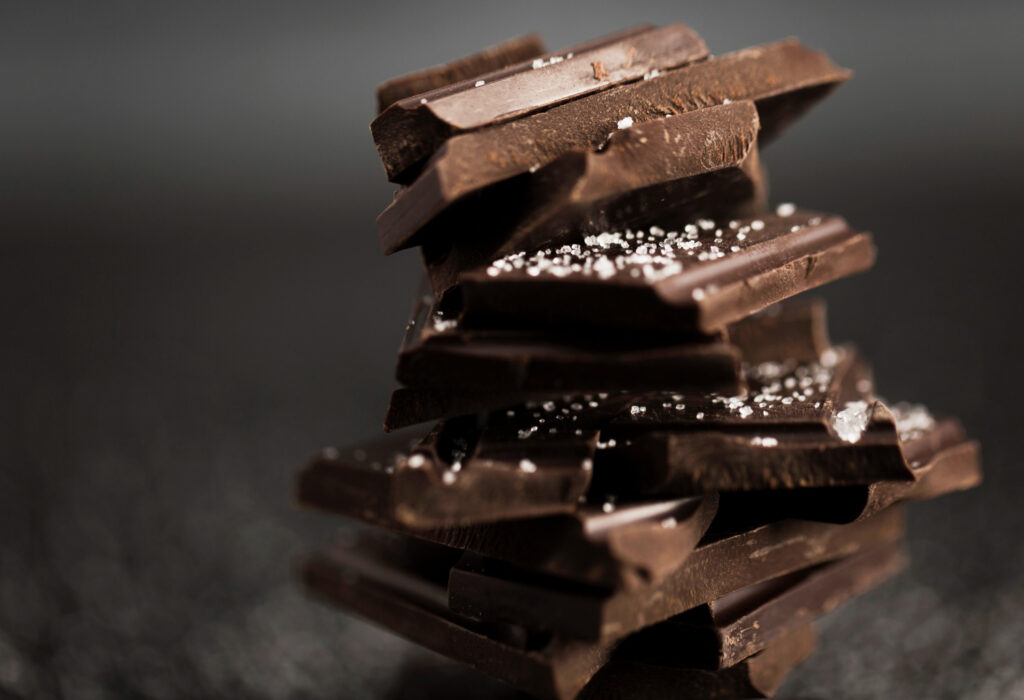
Dark chocolate with a high cocoa content (70% or more) contains flavonoids, caffeine, and antioxidants. These compounds work together to improve blood flow to the brain, which can support cognitive functions like memory and focus
- The flavonoids in dark chocolate may enhance memory and learning.
- Caffeine can boost alertness and concentration.
- Antioxidants help protect brain cells from damage
While dark chocolate has cognitive benefits, it is also calorie-dense. Consuming a small piece (about 1 ounce) daily is enough to enjoy its benefits without overindulgence
Leafy Green Vegetables
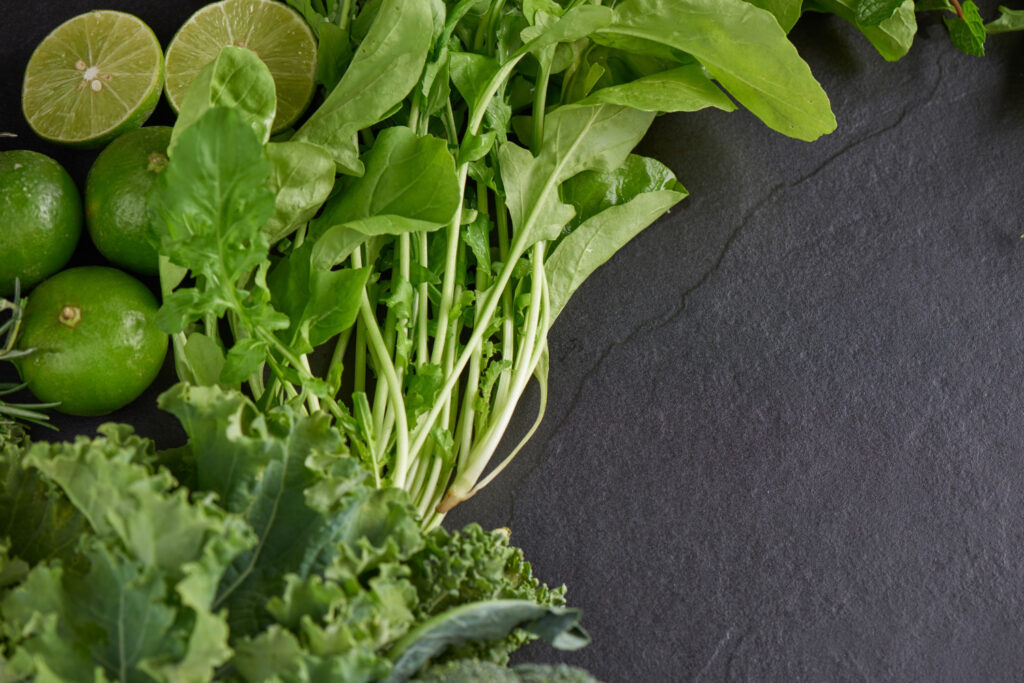
Leafy greens, such as spinach, kale, and broccoli, are packed with brain-friendly nutrients, including vitamin K, folate, beta carotene, and lutein. These nutrients support brain cell health, slow cognitive decline, and may improve memory
- Vitamin K supports the formation of sphingolipids, a type of fat found in brain cells.
- Folate and beta carotene help reduce inflammation and support neuroplasticity.
- Antioxidants in leafy greens help protect against oxidative stress
Incorporate at least one serving of leafy greens into your meals daily. Add them to salads, smoothies, soups, or stir-fries for a nutritional boost
Related : Fruits with the Most Protein
Eggs

Eggs are a versatile food that provides several nutrients important for brain health, including choline, vitamin B12, and lutein. Choline is a precursor to acetylcholine, a neurotransmitter involved in memory and learning
- Choline intake is associated with better cognitive function and memory.
- Vitamin B12 supports the maintenance of the myelin sheath, which protects nerve fibers.
- Lutein helps maintain brain function as we age
Enjoy eggs for breakfast or add them to salads and dishes for an extra nutritional boost. Aim for moderate consumption, around four to six eggs per week
Turmeric
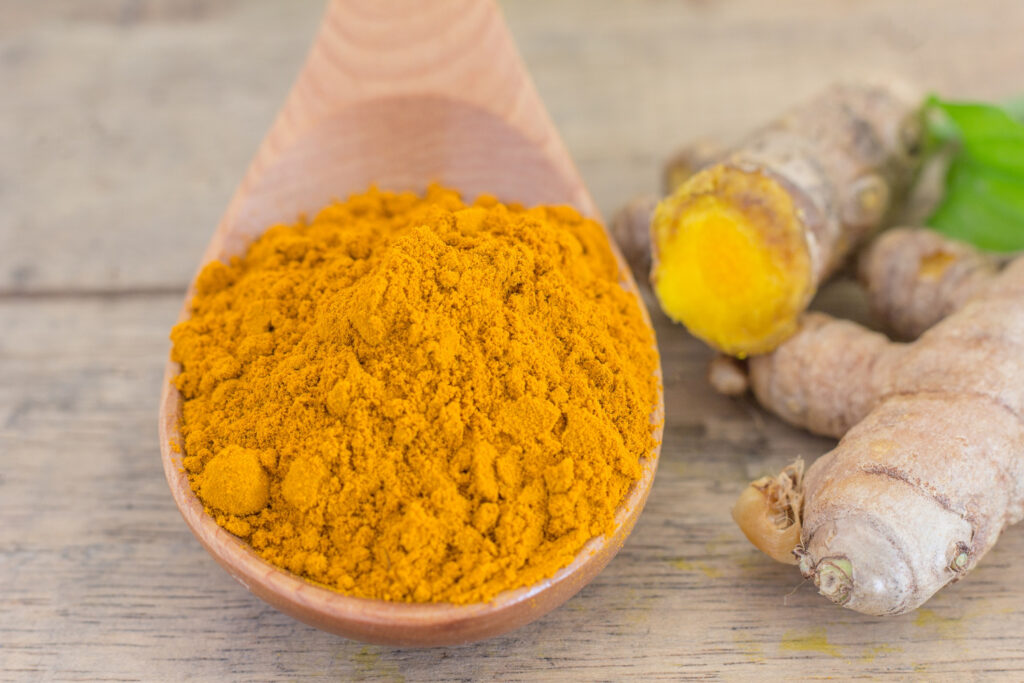
Turmeric, a spice known for its vibrant yellow color, contains curcumin, a compound with powerful anti-inflammatory and antioxidant effects. Curcumin can cross the blood-brain barrier, which allows it to directly benefit brain cells
- May improve mood and reduce symptoms of depression.
- Promotes the growth of new brain cells by boosting brain-derived neurotrophic factor (BDNF).
- Helps reduce the accumulation of plaques associated with Alzheimer’s disease
Add turmeric to curries, soups, or smoothies. For enhanced absorption, consume it with black pepper, which contains piperine, a compound that increases curcumin’s bioavailability
Related ; Drinks That May Help You Sleep
Green Tea
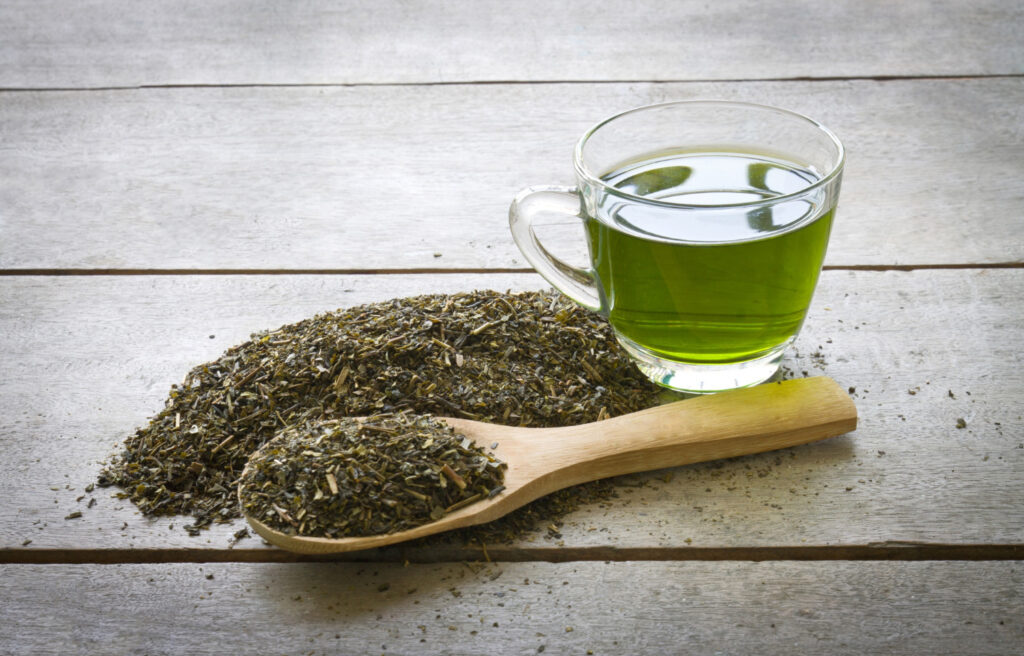
Green tea is well-known for its cognitive benefits due to its combination of caffeine and L-theanine. This unique pairing can enhance alertness while promoting relaxation, making it an excellent alternative to coffee
- Caffeine boosts focus and concentration without the jitteriness associated with coffee.
- L-theanine promotes relaxation and reduces anxiety, which can enhance focus.
- Antioxidants in green tea help protect the brain from oxidative damage
Drink one to three cups of green tea daily. It can be enjoyed hot or iced, and with a bit of lemon for added flavor and vitamin C
Pumpkin Seeds
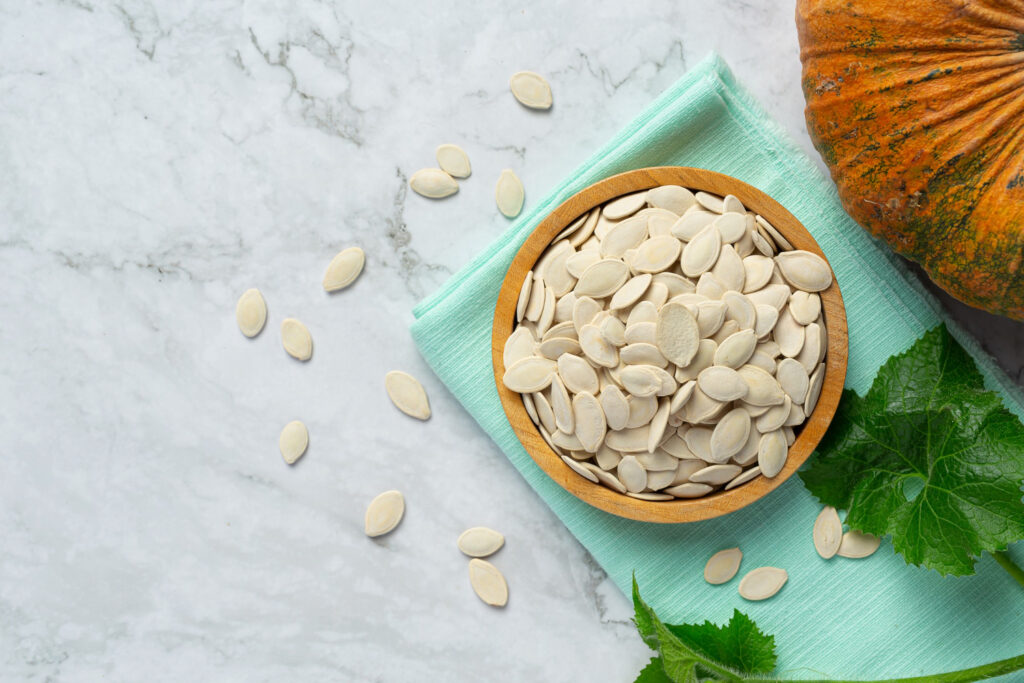
Pumpkin seeds are an excellent source of magnesium, iron, zinc, and copper—minerals that play vital roles in brain health. These nutrients help regulate neurotransmitters, improve brain plasticity, and support overall cognitive function
- Magnesium is crucial for memory and learning.
- Zinc is essential for nerve signaling.
- Copper helps control the electrical signals in the brain
Sprinkle them over salads, oatmeal, or yogurt, or simply enjoy them as a healthy snack
Related : Veggies That Can Help You Lose Weight
Whole Grains
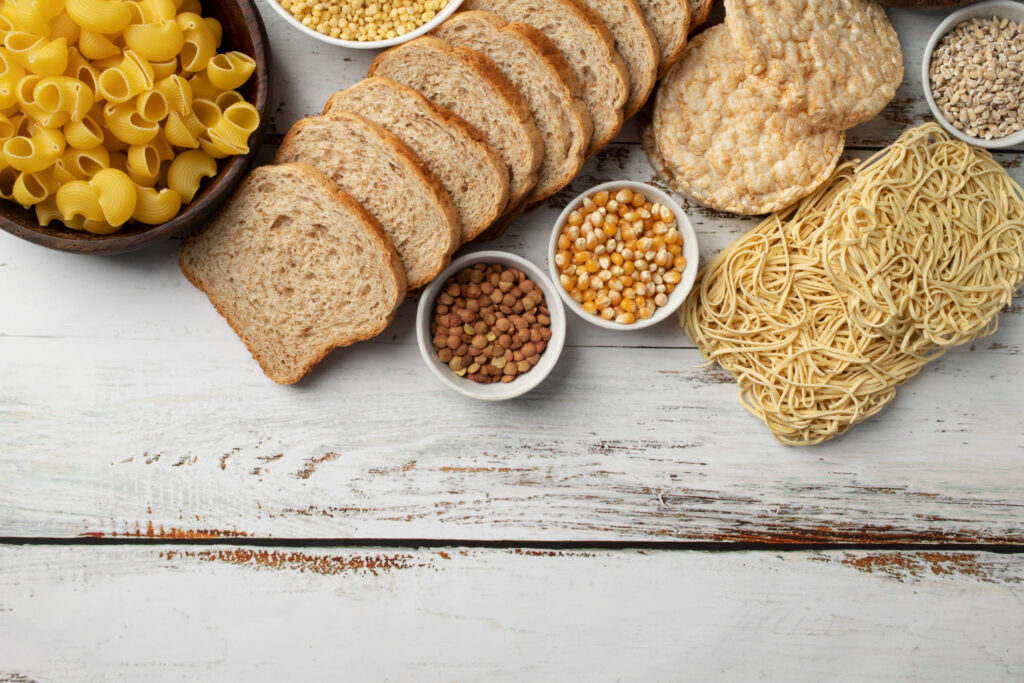
Whole grains, including oats, quinoa, and brown rice, are a key source of glucose for the brain, providing steady energy. Unlike refined carbohydrates, whole grains have a low glycemic index, which means they release glucose slowly into the bloodstream, supporting sustained mental performance
- Stable blood sugar levels help prevent energy crashes.
- Fiber in whole grains supports gut health, which is linked to brain health.
- B vitamins in whole grains aid in nerve function and neurotransmitter regulation
Replace refined grains with whole grains in your meals. For instance, choose brown rice over white rice, and whole wheat bread over white bread
Oranges
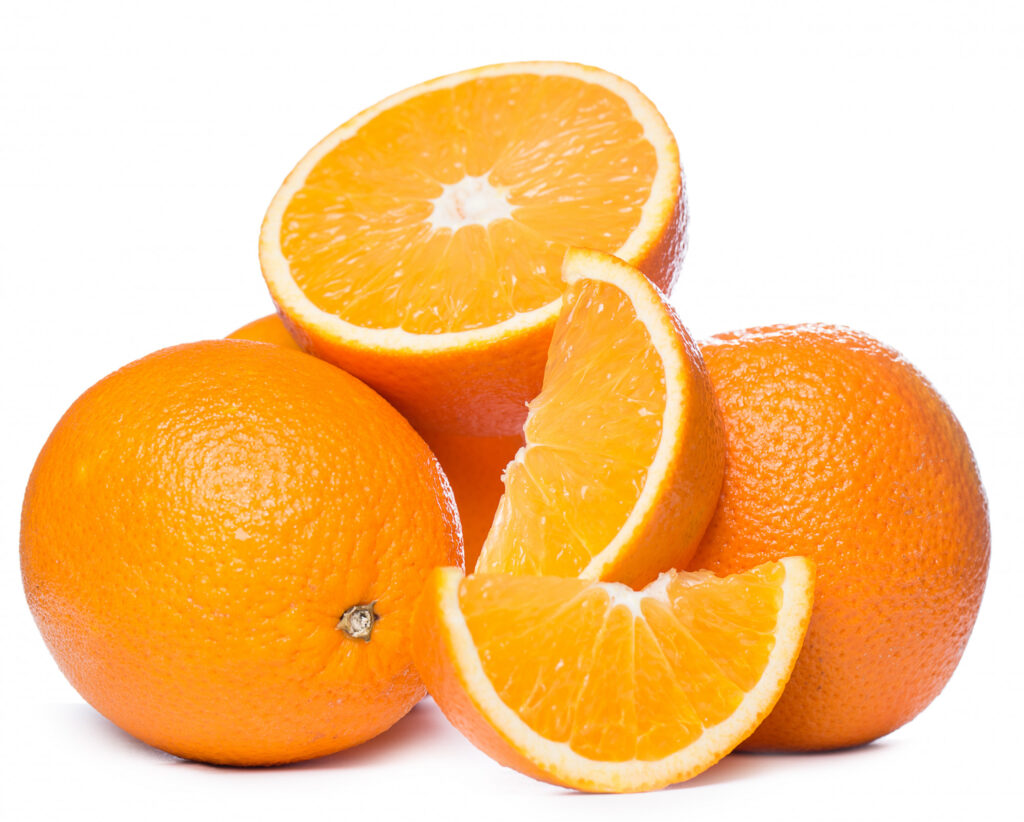
Oranges and other citrus fruits are high in vitamin C, which is crucial for brain health. Vitamin C helps protect the brain against free radical damage, supports the production of neurotransmitters, and improves iron absorption
- May prevent age-related mental decline.
- Enhances neurotransmitter production for better communication between brain cells.
- Boosts immune function, indirectly supporting brain health
Drink freshly squeezed orange juice or eat the whole fruit for a natural, hydrating snack. Including other vitamin C-rich foods like kiwi and strawberries can also be beneficial
Related : Top Cancer-Fighting Foods You Should Add to Your Diet
The Takeaway
The link between diet and brain health is undeniable. Incorporating nutrient-dense foods into your daily routine can enhance cognitive function, improve concentration, and protect against age-related cognitive decline. A balanced diet that prioritizes omega-3s, antioxidants, vitamins, and minerals will keep your brain functioning at its best, regardless of age
Start by adding a few brain-boosting foods to your meals, and observe how these changes positively impact your focus, mood, and mental clarity. Consistently making small, health
FAQs About Brain Foods and Mental Clarity
What are the best foods to eat for better concentration?
Foods rich in omega-3 fatty acids, antioxidants, vitamins, and minerals are best for concentration. These include fatty fish (like salmon and sardines), blueberries, nuts, seeds, leafy green vegetables, and dark chocolate. These foods provide essential nutrients that support cognitive functions such as memory, focus, and information processing
How often should I consume brain-boosting foods to see benefits?
For noticeable benefits, aim to incorporate brain-boosting foods into your diet regularly. Eating a variety of these foods several times a week can help improve cognitive performance over time. Consistency is key, as long-term dietary habits have a greater impact on brain health than occasional consumption.
Can eating these foods help prevent cognitive decline or diseases like Alzheimer’s?
While no single food can completely prevent cognitive decline or neurodegenerative diseases, a diet rich in brain-healthy nutrients may reduce the risk. Omega-3 fatty acids, antioxidants, and vitamins found in foods like fatty fish, berries, and leafy greens have been shown to protect against age-related cognitive decline and conditions like Alzheimer’s
Is dark chocolate beneficial for the brain, and how much should I eat?
Yes, dark chocolate can be beneficial for the brain due to its high flavonoid content, which improves blood flow to the brain and enhances cognitive functions. However, moderation is important—consuming about 1 ounce (28 grams) of dark chocolate with at least 70% cocoa content per day is enough to enjoy the benefits without overindulging.
Can I replace fish with supplements like fish oil for brain health?
If you don’t consume fish, fish oil or algae oil supplements can be a good alternative source of omega-3 fatty acids. These supplements provide DHA and EPA, which are essential for maintaining brain structure and function. However, obtaining nutrients from whole foods is generally more beneficial due to the additional vitamins and minerals they provide.
Are there any foods I should avoid for better cognitive health?
Yes, limiting your intake of processed foods, sugary snacks, and refined carbohydrates is recommended for better cognitive health. These foods can cause blood sugar spikes and crashes, leading to reduced concentration and mental fatigue. Instead, focus on whole, nutrient-dense foods that provide steady energy for the brain
